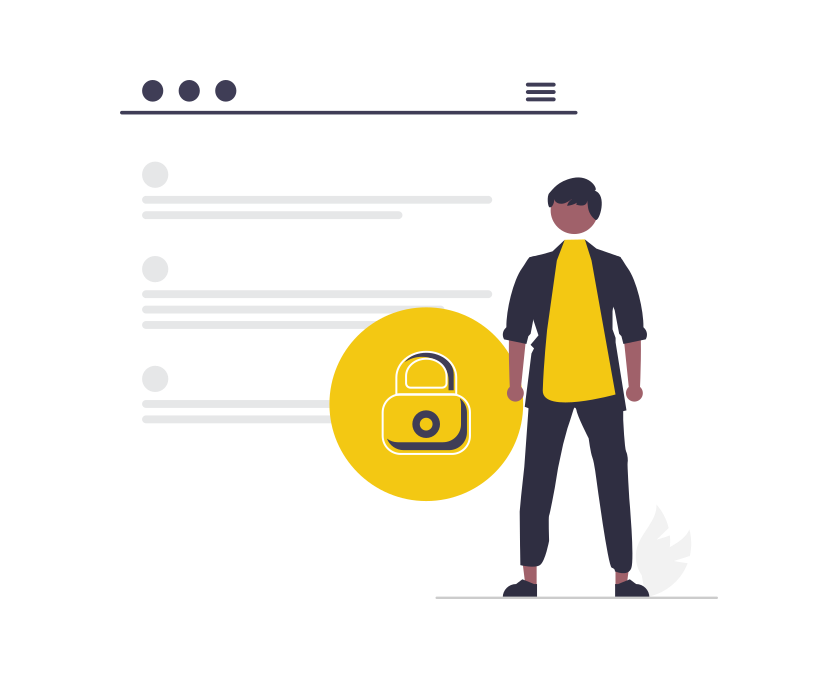
It is often challenging to keep up with your children’s use of technology; what they are doing online, who they are chatting to, what games they are playing and what they are downloading and viewing. Over the coming weeks, your children’s teachers will be keeping in touch with your child via online media such as school email, show my homework etc. During this time of increased online activity we would like to impress on you of the importance of reminding your child about online safety.
Use this page and the information below to help support your child through the online world.
Contemporary technology is ever-changing, and with that in mind, it is essential for our pupils (and parents) to be aware of the potential dangers that come with using the many platforms available to us today. At Maesteg School, we endorse eSafety and actively encourage our pupils to stay safe online. We need our pupils (and parents) to be aware that eSafety is NOT just about keeping someone physically safe, but to also be aware of:
- Copyright / Plagiarism
- Trustworthiness of information / pages
- Online grooming / exploitation
- Cyber bullying
- Protection of own online identity and privacy
- Recognition of inappropriate content
- ….and many more potential issues
Here are a number of news stories that highlight the various issues surrounding eSafety, for BOTH pupils and parents to be aware of. Follow the links to find out more.
Online Safety:
Safer Internet have created a guide to keeping young people safe on social media. Follow the link below to ‘It’s good to talk…’ It’s good to talk: Protecting young people from online grooming.
As young people start to spend most of their time online, this PDF Guide from Internet Matters will help parents give them the right information and advice about the risks they may face.
Online Shopping:
Safer Internet have written a blog about the dangers of ‘in-app purchases’ which can be read here.
Parental guidance:
As Facebook becomes an ever-present aspect of our day to day lives, it is important for parents to see the potential hazards, to keep themselves and their children safe online. Safer Internet have written a blog here.
Young people:
Useful Websites:
Hwb.gov.wales / Parentinfo.org / Saferinternet.org.uk / Thinkyouknow.co.uk / Kidsmart.org.uk
We would be grateful if you could remind your child of the need to follow the guidelines below when accessing online media:
1) Don’t post any personal information online – like your address, email address or mobile number.
2) Think carefully before posting pictures or videos of yourself. Once you’ve put a picture of yourself online most people can see it and may be able to download it, it’s not just yours anymore.
3) Keep your privacy settings as high as possible
4) Never give out your passwords
5) Don’t befriend people you don’t know
6) Don’t meet up with people you’ve met online. Speak to your parent or carer about people suggesting you do
7) Remember that not everyone online is who they say they are
8) Think carefully about what you say before you post something online
9) Respect other people’s views, even if you don’t agree with someone else’s views doesn’t mean you need to be rude
10) If you see something online that makes you feel uncomfortable, unsafe or worried: leave the website, turn off your computer if you want to and tell a trusted adult immediately.
Top 10 Tips for Mobile Phone Safety:
1) Remember if you are being bullied it isn’t your fault and there is nothing so awful that you can’t speak to someone about it. Talk to a trusted adult at home or at school.
2) Don’t reply to any nasty messages you receive.
3) Don’t reply to a text from someone you don’t know.
4) Keep the messages you have been sent so you can show them to a trusted adult and make a note of the time and date of the messages or calls you receive.
5) Don’t answer calls from withheld numbers or numbers you don’t recognise, let it go to voicemail.
6) Block numbers from people who are sending you nasty messages.
7) If you are bullied repeatedly can change your number.
8) Don’t give your mobile number to someone you don’t know.
9) Don’t send pictures to someone you don’t know.
10) If the problem is serious you can report it to the police, cyber mentors, or childline.
Websites that can give you more information in this area include:
The following site also gives age specific advice:
BCBC have recently published a wellbeing pack on Internet safety for parents, carers and young people which can be found here.
